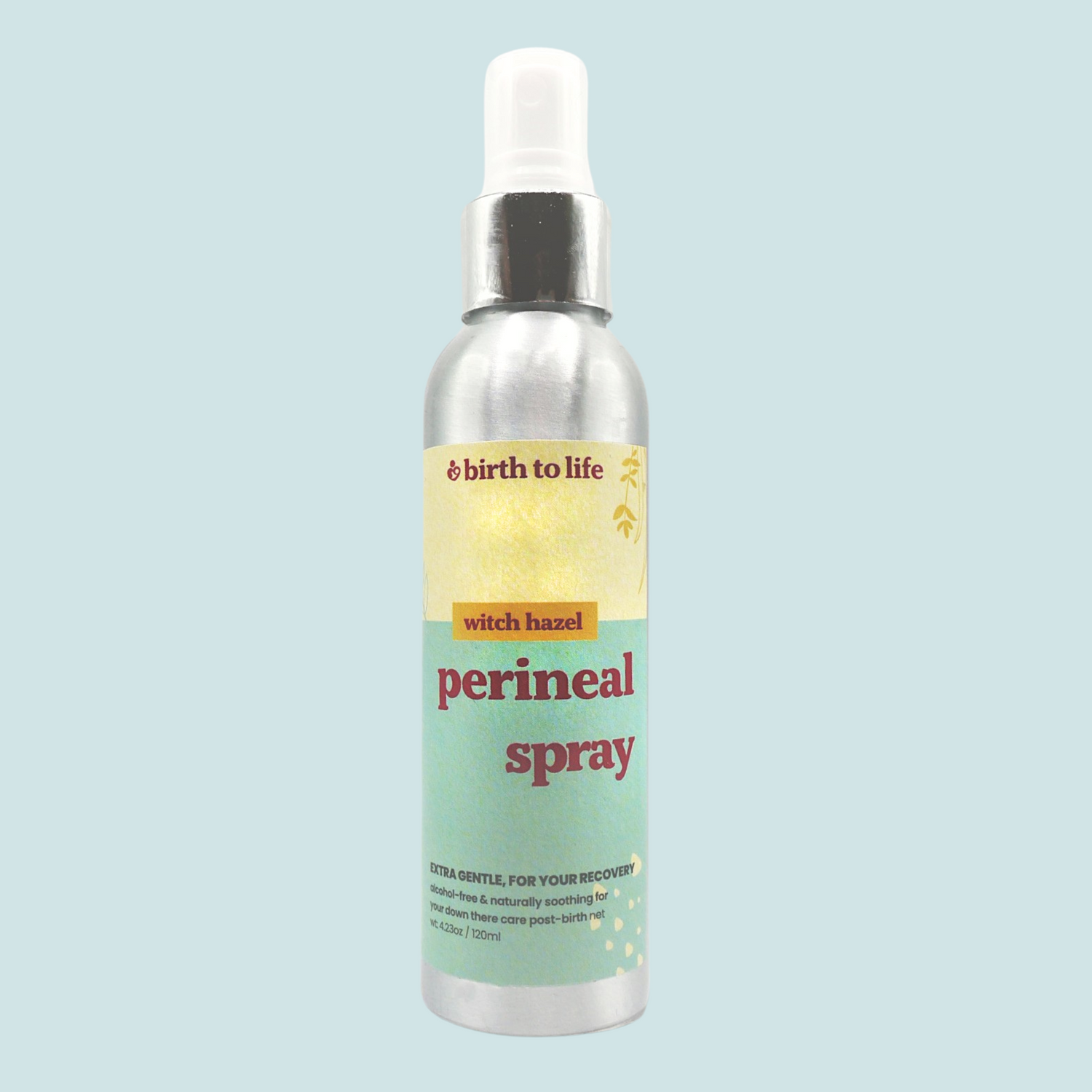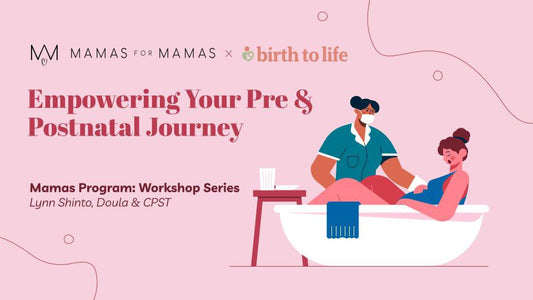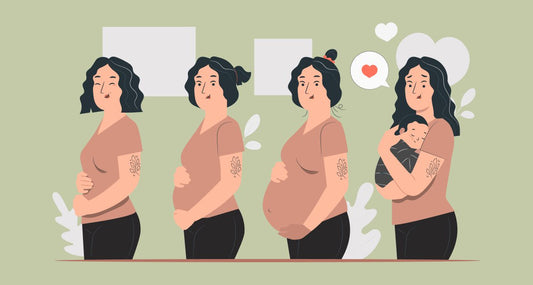Packing Your Hospital Bag for Childbirth Preparation
Preparing for the birth of your baby involves numerous steps, one of which is packing your hospital bag. Having everything you need helps ensure a smoother and more comfortable stay at the hospital for you, your baby, and your partner. Here’s a comprehensive guide to help you pack effectively.

Essentials for the Birthing Person
1. Important Documents
- Insurance Information: Bring your insurance card and any necessary paperwork.
- Identification: A photo ID, such as a driver's license or passport.
- Birth Plan: If you have a birth plan, bring several copies to share with your healthcare team 1.
- Medical Records: Some hospitals may require a copy of your medical records, so check in advance.
2. Comfort Items
- Hospital Gown or Own Clothing: While the hospital provides a gown, you might prefer to wear your own comfortable clothes, such as a robe or loose-fitting nightgown.
- Socks and Slippers: Hospitals can be cold, so pack warm, non-slip socks and comfortable slippers.
- Pillow and Blanket: Bringing your own pillow and a cozy blanket can provide additional comfort.
- Eye Mask and Ear Plugs: These can be helpful for getting rest in a busy hospital environment.
3. Toiletries
- Toothbrush and Toothpaste
- Hair Brush and Hair Ties: Keeping hair out of your face can be more comfortable during labor.
- Lip Balm: Hospitals can be dry, so lip balm is essential.
- Deodorant, Face Wash, and Moisturizer: Basic skincare items to help you feel refreshed.
- Shampoo and Conditioner: Travel-sized bottles are convenient.
4. Labor Tools
- Birth Ball: If you’ve used a birth ball for labor preparation, bring it along.
- Massage Tools: Items like a tennis ball or massage roller can help ease labor pains.
- Essential Oils: Consider bringing scents that relax you, but ensure they are hospital-approved.
5. Snacks and Drinks
- Light Snacks: Some hospitals allow light snacks during labor, like granola bars, fruit, or crackers.
- Hydration: Clear fluids like water or sports drinks to keep you hydrated.
6. Entertainment and Electronics
- Music or Podcasts: Create a labor playlist and bring headphones.
- Books or Magazines: Light reading material to pass the time.
- Phone and Charger: Essential for communication and entertainment.

Essentials for the Partner
1. Personal Items
- Clothing: A change of comfortable clothing, including layers for varying temperatures.
- Toiletries: Including toothbrush, toothpaste, and deodorant.
- Snacks and Drinks: Non-perishable snacks and a reusable water bottle.
2. Electronics and Entertainment
- Phone and Charger: To update family and friends.
- Camera: Optional, but some may prefer a camera over a phone for capturing moments.
- Books or Magazines: For downtime.
3. Support Tools
- Massage Tools: Tools to help comfort the birthing person during labor.
- Comfort Items: A pillow and blanket for themselves, as hospital chairs are not always comfortable.

Essentials for the Baby
1. Clothing
- Onesies: Pack a few newborn onesies.
- Socks and Mittens: To keep your baby warm and prevent scratching.
- Hat: A soft hat for warmth.
- Going-Home Outfit: A special outfit for leaving the hospital.
2. Feeding Supplies
- Bottles and Formula: If you plan to formula-feed.
- Nursing Pillow: Helpful for breastfeeding.
3. Blankets and Swaddles
- Receiving Blankets: Soft blankets for swaddling and providing warmth.
- Swaddle Blankets: Easy-to-use swaddles can be very convenient.
4. Diapers and Wipes
- Newborn Diapers: Hospitals usually provide these, but having a few extras is handy.
- Baby Wipes: Sensitive skin wipes are useful.
5. Car Seat
- Infant Car Seat: Ensure it is properly installed in your car before heading to the hospital.

Nice-to-Have Items
1. Extra Comfort Items
- Favorite Pillow: Having your own pillow can make a difference in your comfort level.
- Blanket: A soft blanket can add a touch of home to your hospital stay.
2. Nursing and Postpartum Care
- Nursing Bras: Comfortable bras designed for breastfeeding.
- Maternity Pads: Heavy-duty pads for postpartum bleeding.
- Perineal Spray: Helpful for postpartum recovery, especially if you have perineal tears 1.
3. Communication and Keepsakes
- Journal and Pen: To document your birth experience.
- Thank-You Cards: For the hospital staff.
- Baby Book: To capture first moments and footprints.

When to Start Packing
It’s generally a good idea to start packing your hospital bag by the 35th week of pregnancy. This ensures you are prepared in case your baby decides to arrive early.
Tips for Organizing Your Bag
- Use Multiple Bags: Consider using separate bags for you, your partner, and the baby.
- Label Everything: Clearly label each bag to avoid confusion.
- Repack Regularly: Periodically check your bag to ensure everything is still in order and up-to-date.

How to Personalize Your Hospital Bag
Personalizing your hospital bag can make your experience more comfortable. Here’s how a doula can help:
- Custom Recommendations: Based on your birth plan and preferences, a doula can suggest items that might be particularly useful.
- Emotional Support: Knowing you’re thoroughly prepared can reduce anxiety, and a doula can offer reassurance and support as you prepare.
- Labor Tools: Doula services often include guidance on useful tools and comfort measures for labor 1.
For additional information on what to expect during labor and postpartum, check out our resources page. If you have any questions or need personalized support, feel free to contact me.

FAQs
- What are the most essential items to pack in my hospital bag? Essential items include important documents, comfortable clothing, toiletries, snacks, and electronics like your phone and charger. Don’t forget items for the baby such as onesies, diapers, and a car seat.
- When should I pack my hospital bag? It is advisable to have your hospital bag packed by the 35th week of pregnancy to be prepared for any early arrivals.
- Should I bring my own hospital gown? Yes, you can bring your own gown if you prefer something more comfortable or personal compared to what the hospital provides.
- What should my partner pack? Your partner should pack comfortable clothing, toiletries, snacks, a phone charger, and any items needed to support you during labor, such as massage tools.
- How can a doula help with hospital bag preparation? A doula can provide personalized recommendations based on your birth plan, offer emotional support, and ensure you have all the necessary items for a smooth hospital stay.
For more detailed guidance on preparing for childbirth, explore the services, FAQs, and resources available on our website.







0 comments